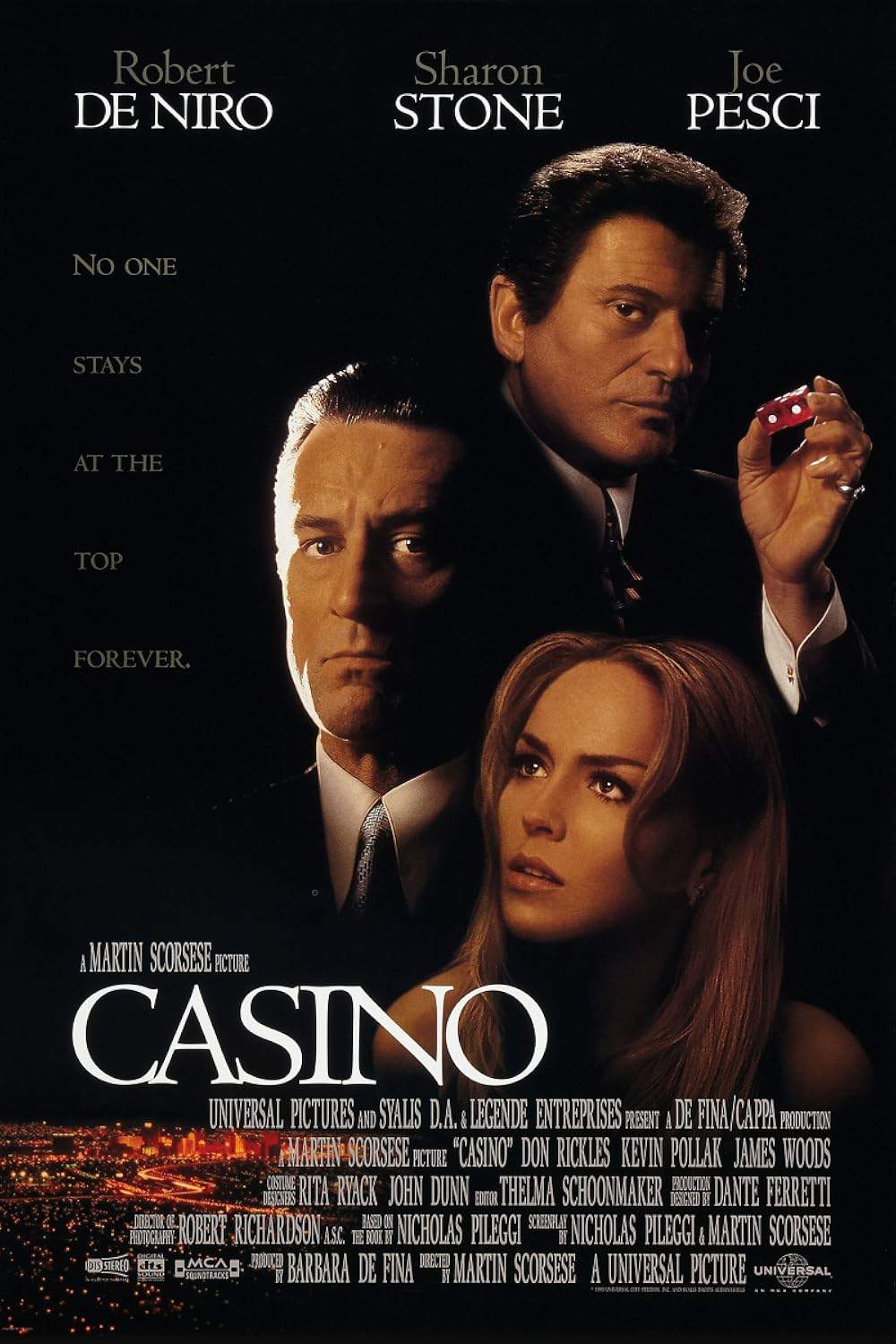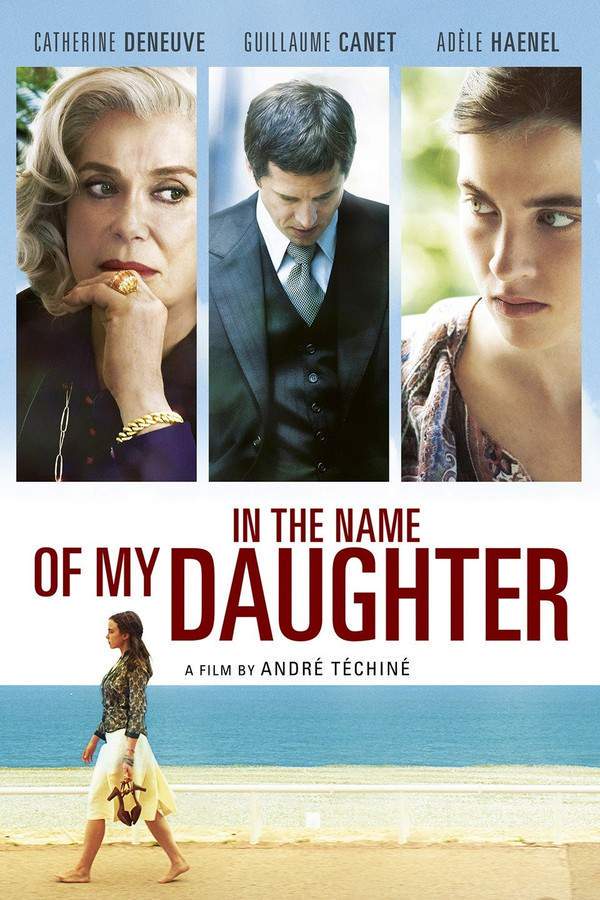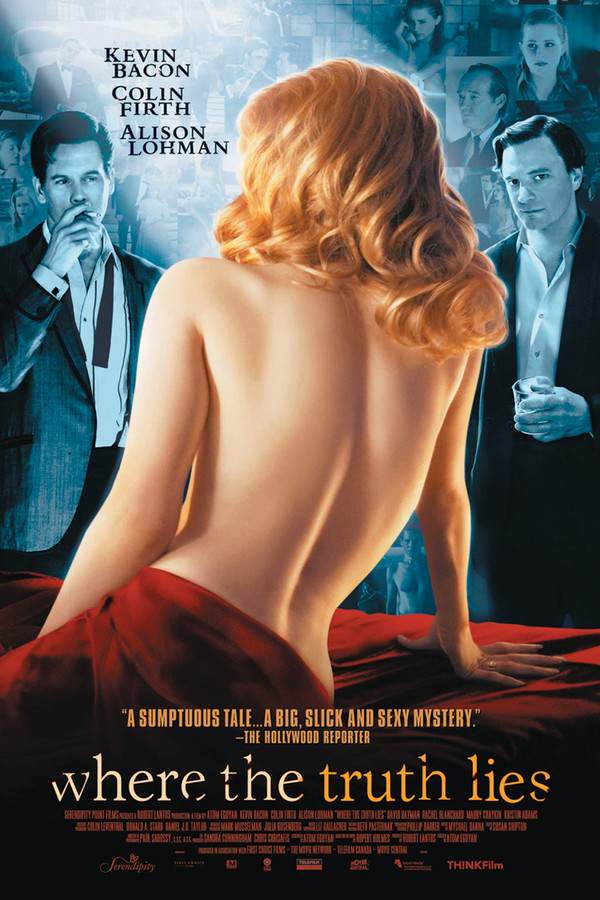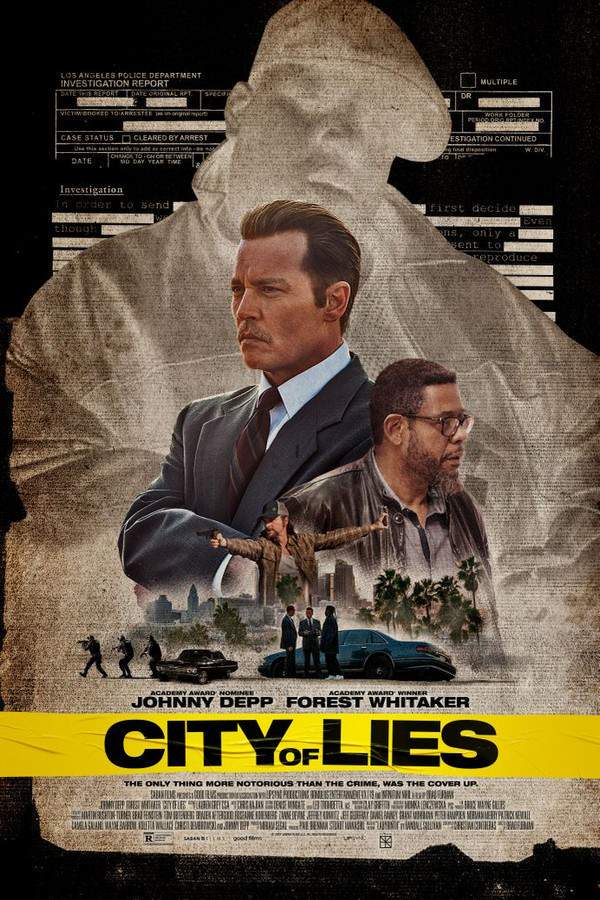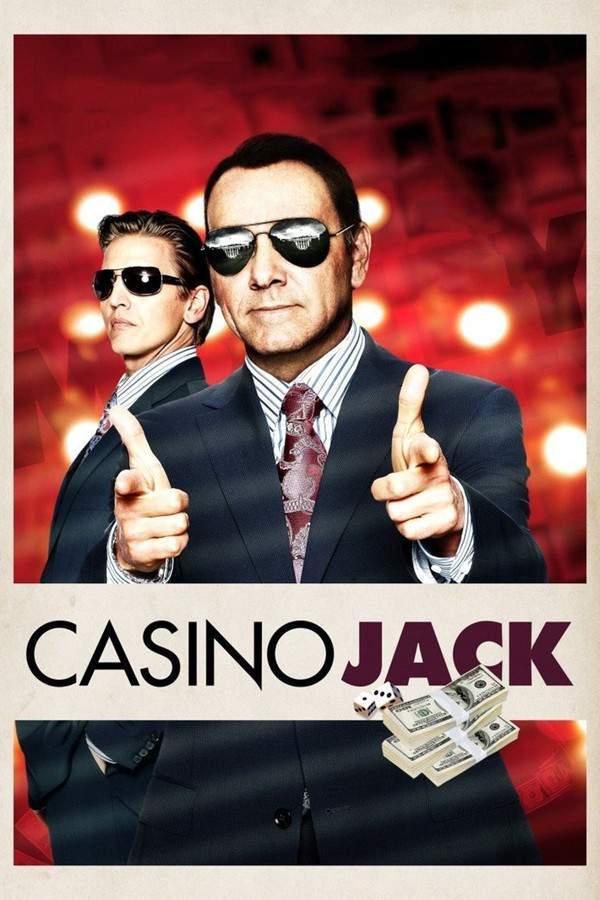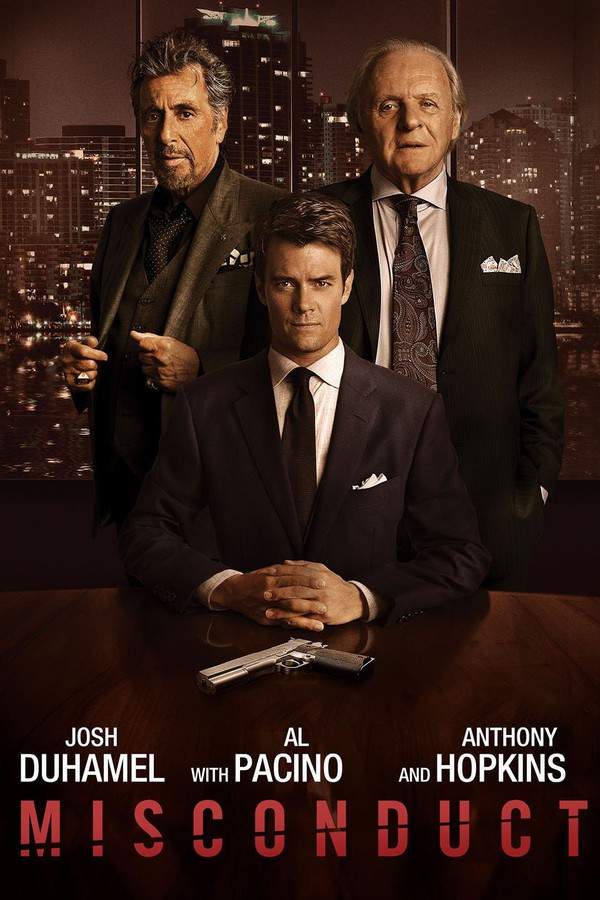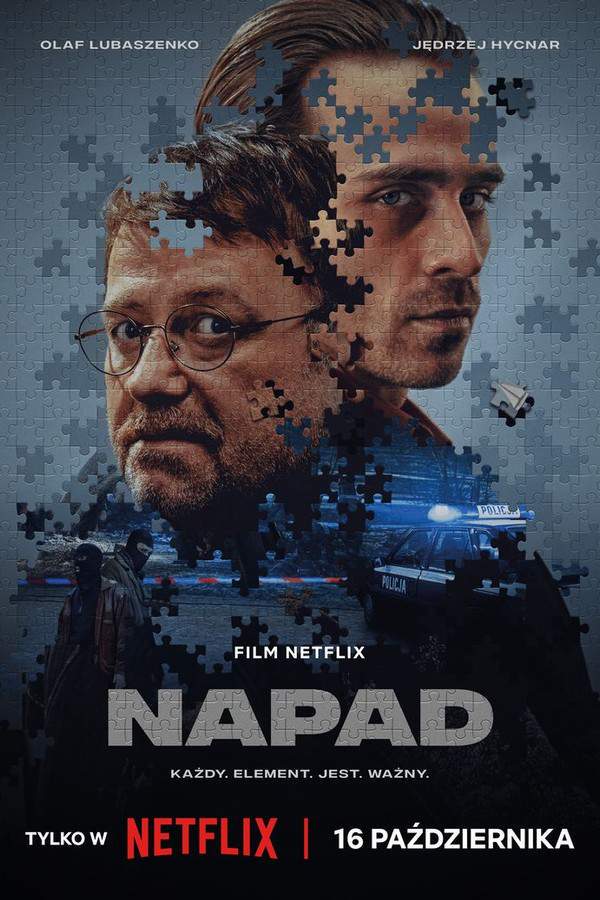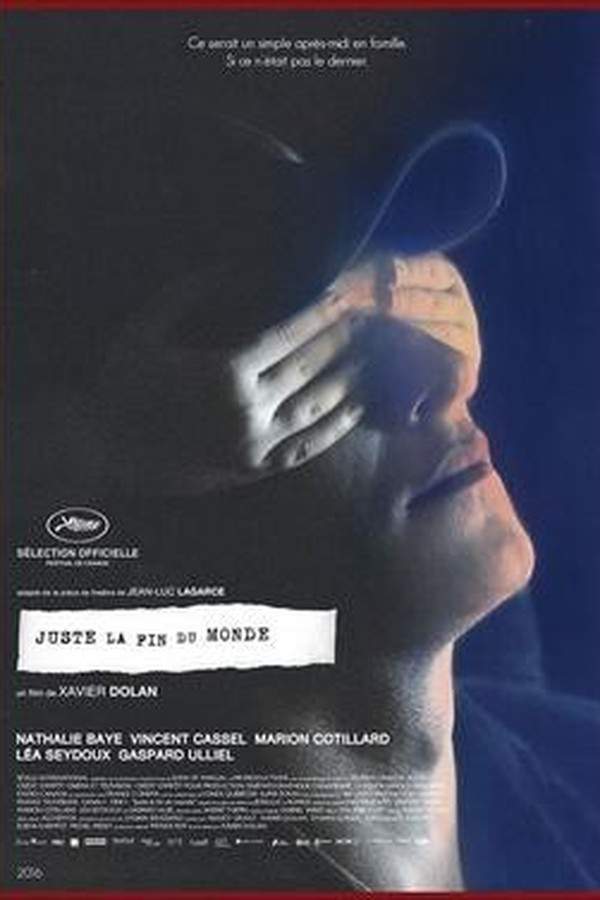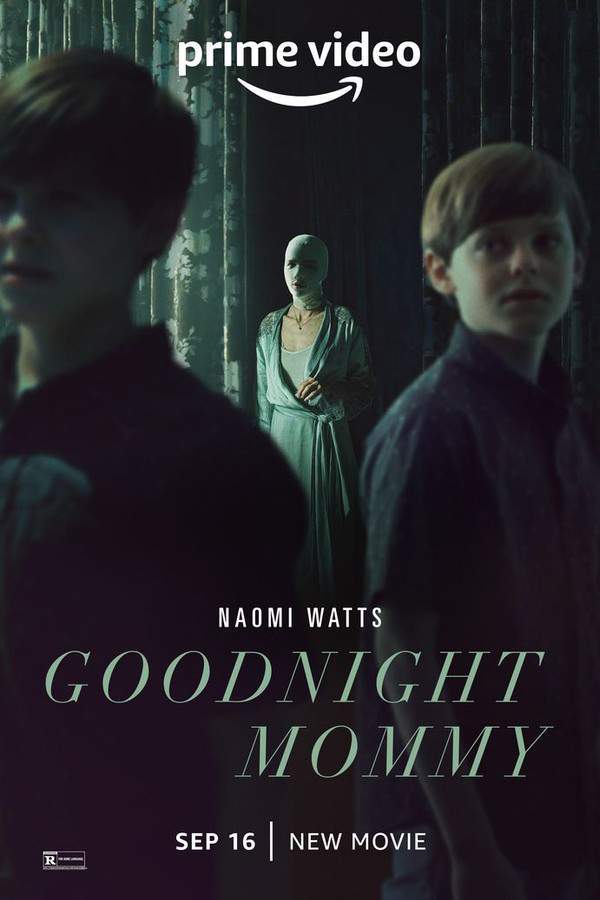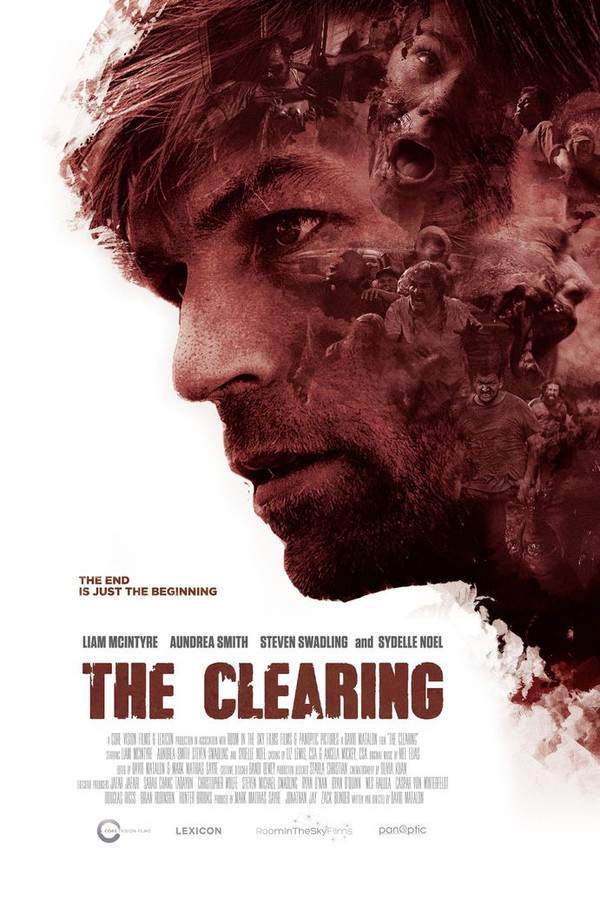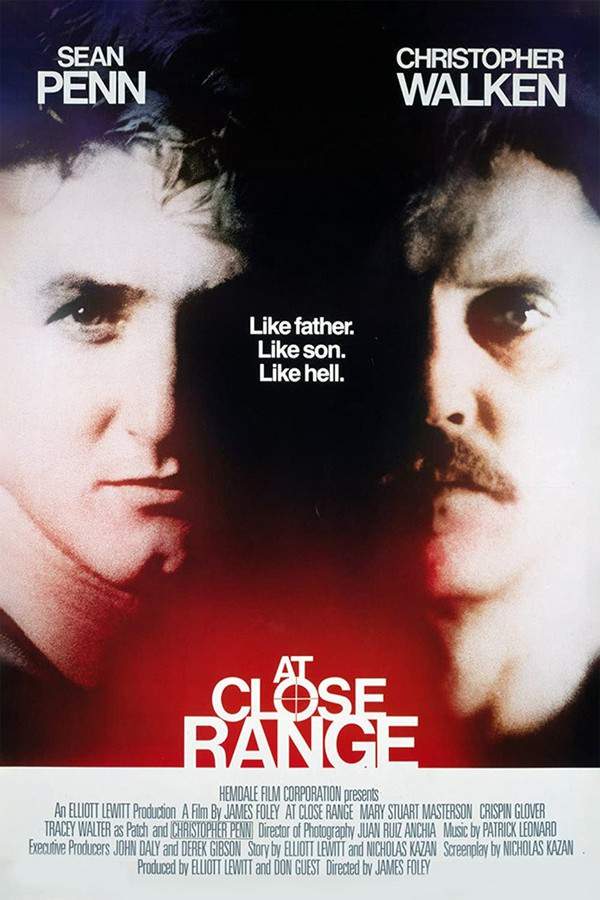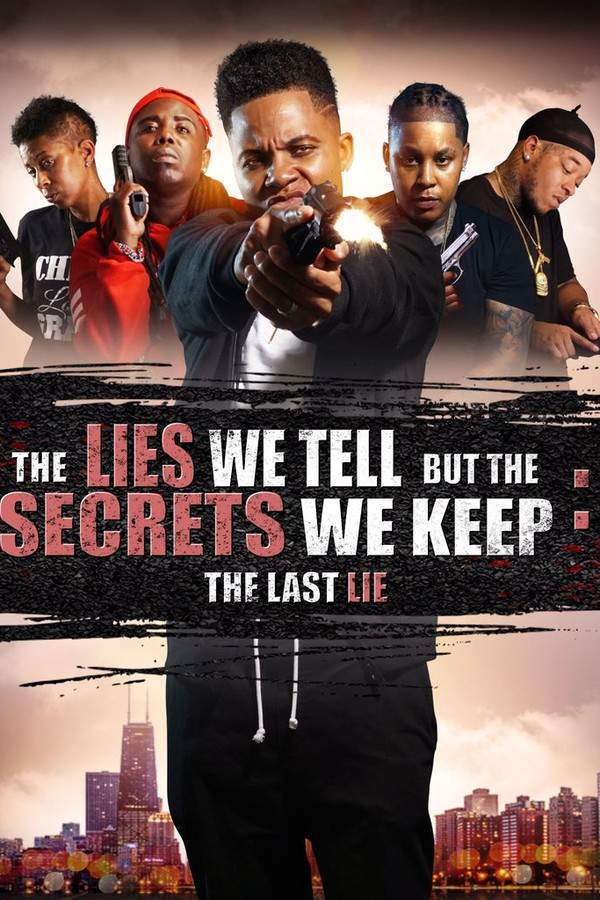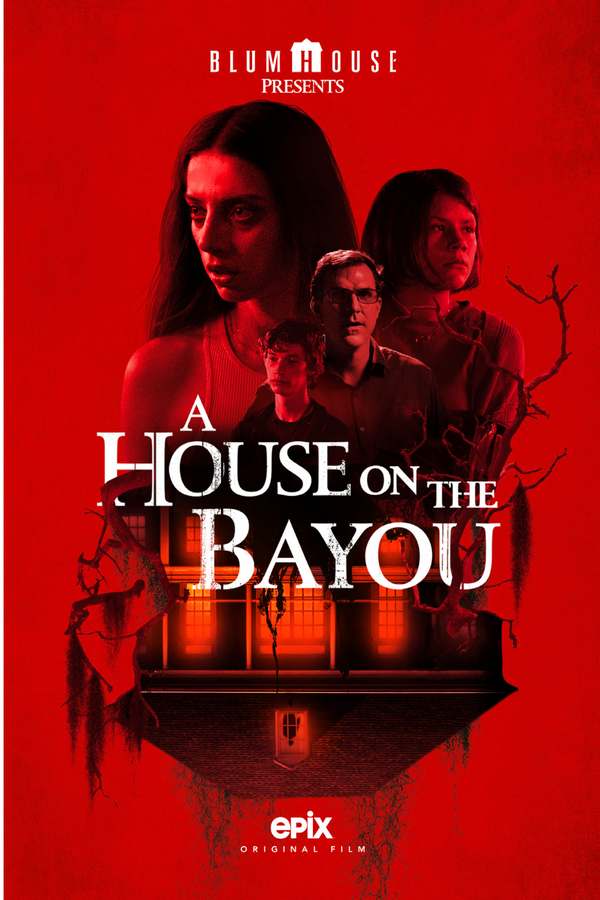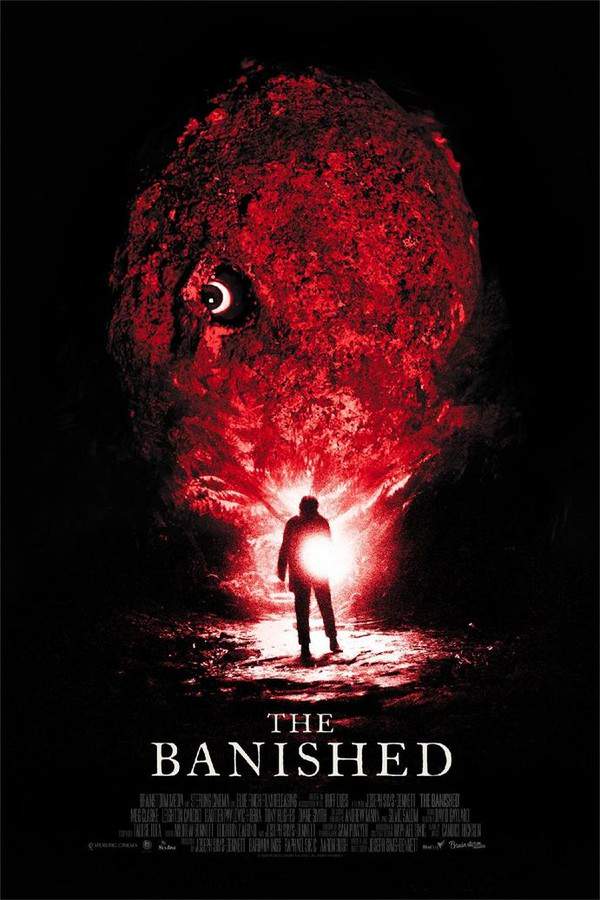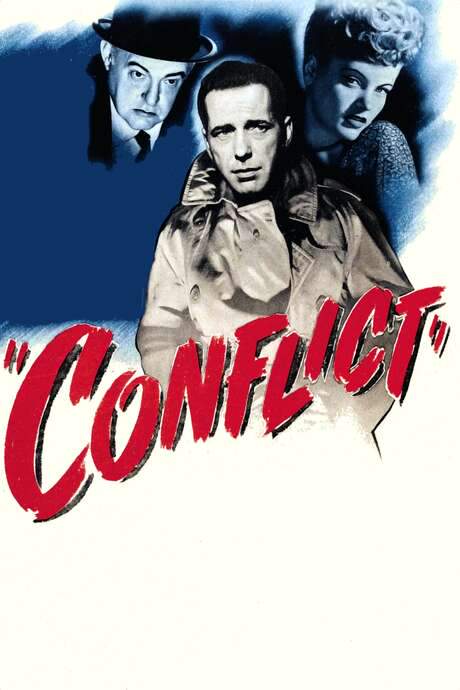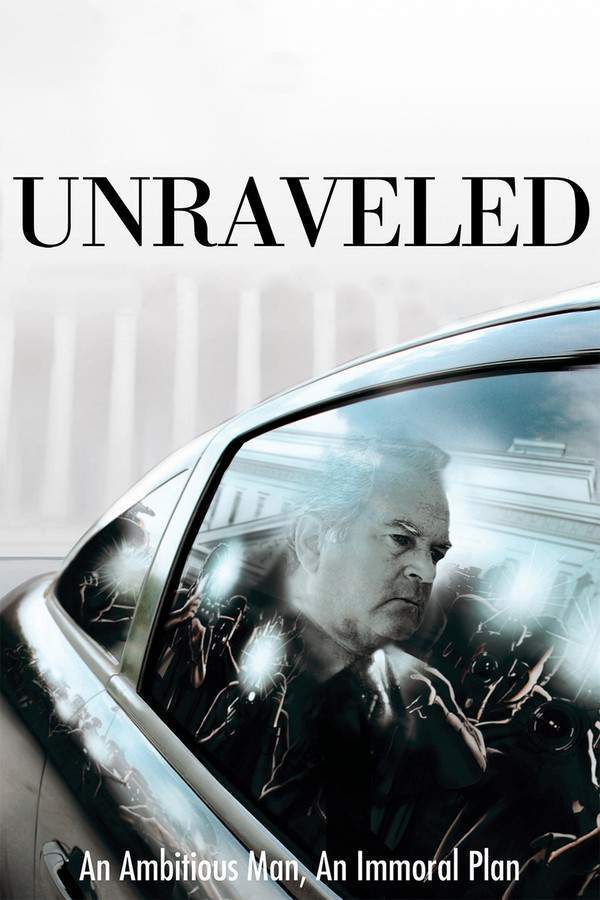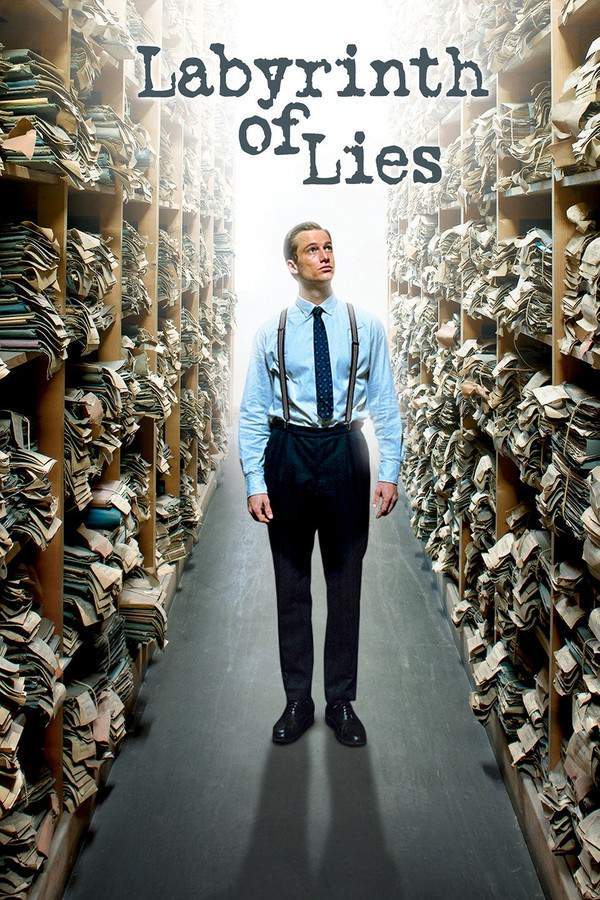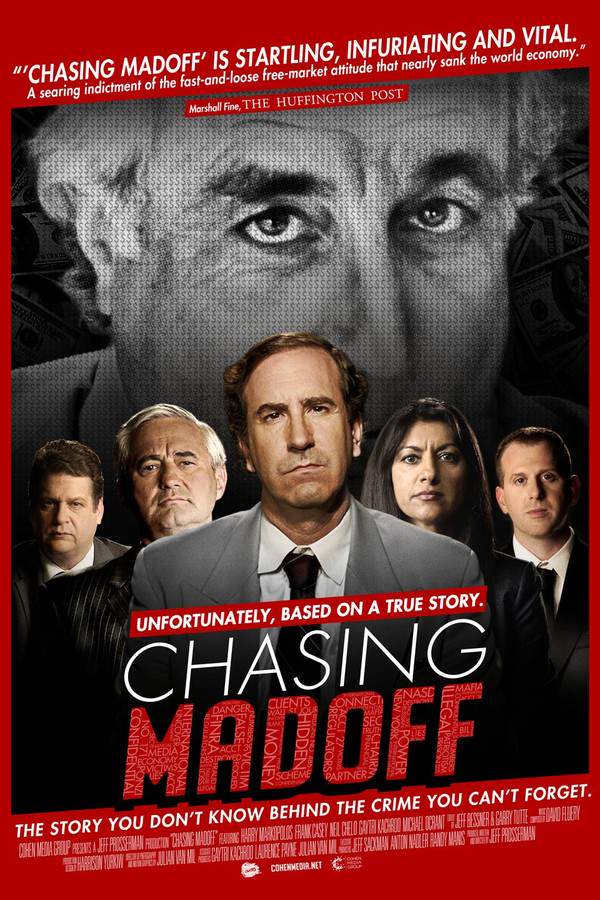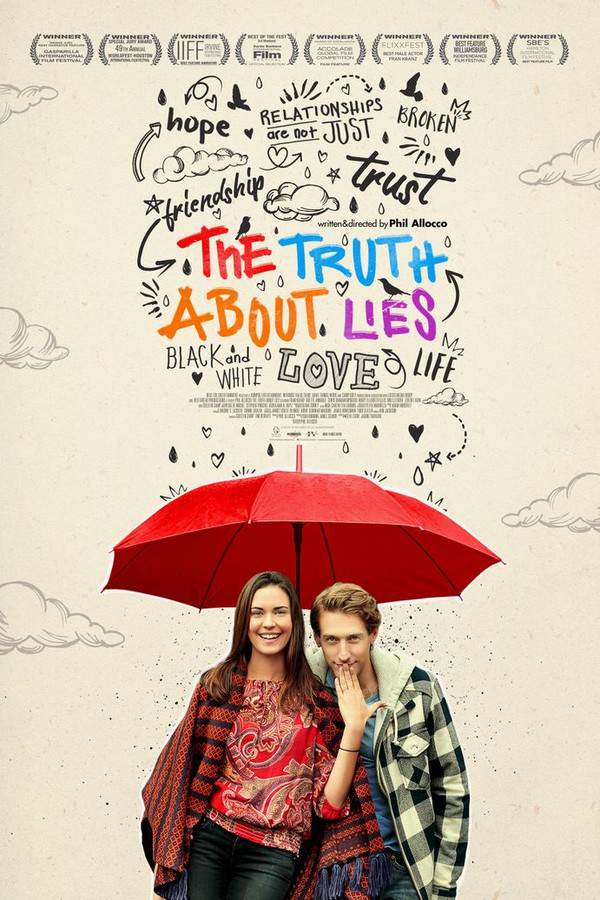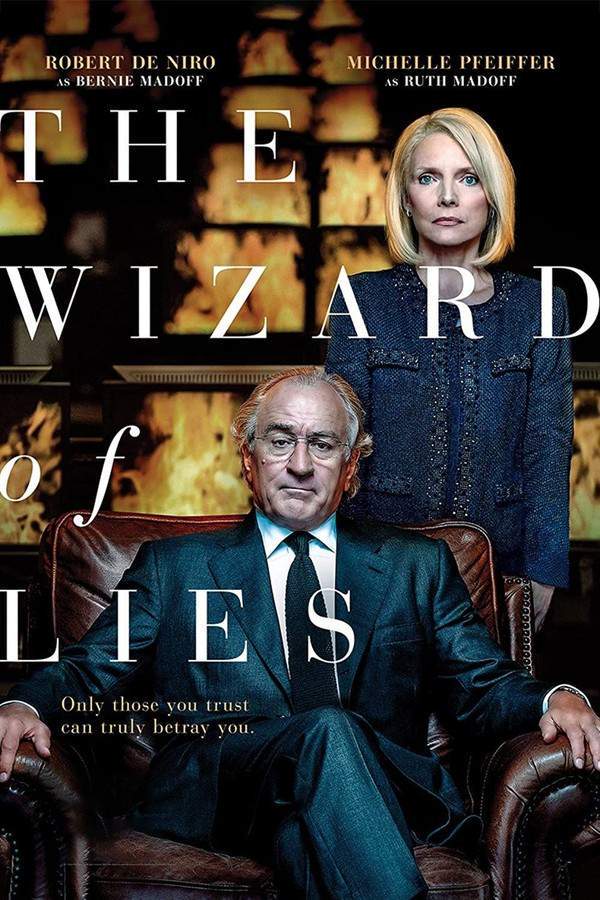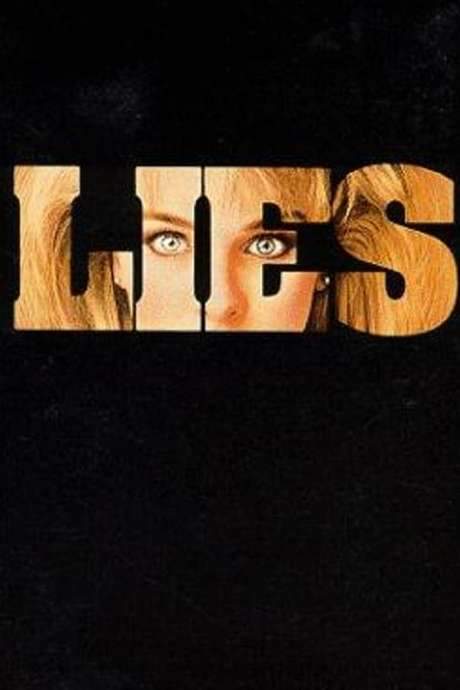
The Wizard of Lies
Year: 2017
Runtime: 133 mins
Language: English
Director: Barry Levinson
A disturbing look at the rise and fall of Bernie Madoff and his devastating Ponzi scheme. The film explores how Madoff built his fraudulent empire, the widespread impact on investors and the profound consequences for his family as the truth is revealed and the scale of the betrayal comes to light.
Warning: spoilers below!
Haven’t seen The Wizard of Lies yet? This summary contains major spoilers. Bookmark the page, watch the movie, and come back for the full breakdown. If you're ready, scroll on and relive the story!
The Wizard of Lies (2017) – Full Plot Summary & Ending Explained
Read the complete plot breakdown of The Wizard of Lies (2017), including all key story events, major twists, and the ending explained in detail. Discover what really happened—and what it all means.
Bernard Madoff, Robert De Niro, founded his company on Wall Street in the early 1960s, growing it into one of the largest investment funds of its time. He cultivated a public image as a successful and influential financier, a broker, financial consultant, and generous philanthropist. He surrounded himself with family and loyalty: his wife Ruth Michelle Pfeiffer Madoff, and his two sons, Mark Alessandro Nivola Madoff and Andrew Nathan Darrow Madoff, who worked alongside him and shared in the seemingly pristine façade of their father’s empire. The family name carried prestige, even as whispers about the enterprise’s true finances circulated beneath the surface.
As the years passed, the veneer of stability persisted, even as questions about assets and accounts began to gnaw at the edges of trust. By the time the 2000s rolled in, signs of strain appeared, though the public narrative continued to praise Madoff’s extraordinary returns and unwavering confidence. The film traces how a single, colossal fraud could coexist with a courtroom-ready aura of legitimacy, and it paints a portrait of a man who managed to maintain control over a vast operation while simultaneously eroding the lives of those around him.
The unraveling accelerates with a cascade of legal and financial reckonings. Lawyer Martin London, Steve Coulter Mark Madoff’s father-in-law, becomes a visible voice in urging Mark and Andrew to confront the truth and to turn their father in to the authorities. The tension mounts as Bernie Madoff finally confesses to FBI agents that the Ponzi scheme had been operating for decades, dating back to the 1970s. The admission reframes the family’s complicity and the scale of the deception, turning a private catastrophe into a national scandal.
Public scrutiny intensifies when independent investigators, including those who had long warned about the impossibility of consistently steady gains, testify to the House about suspicions surrounding the firm’s claimed profits. In 2009, Harry Markopolos testifies that he believed the operation was fraudulent, arguing that the apparent gains never fluctuated in a way that would be expected in a legitimate market environment. These testimonies contribute to a broader chorus of doubt that finally closes in on the Madoff operation.
Within the internal mechanics of the case, a critical moment concerns a 2005 request from investigators for the Depository Trust Company (DTC) account numbers. Madoff’s reluctance gives way to a cautious compliance, with the explanation that the SEC could verify assets with a simple call to DTC. What unfolds is a stark reminder that no such verification occurred: no phone call from the SEC to DTC was made, allowing the fraud to remain hidden for longer than it should have.
As the 2008 financial crisis erupts, the scale of the damage becomes impossible to contain. With clients clamoring to withdraw their money, Madoff realizes he cannot honor the requests without collapsing the entire house of cards. The personal toll is devastating: he confesses the truth to his wife and sons, leaving them with a stark choice and a sense of betrayal that will echo for years. In the aftermath, clawback lawsuits are filed against the family, and tragedy compounds tragedy. Mark Madoff commits suicide, and Andrew dies of cancer. Before his death, Andrew uttered the cutting line, “My father is dead to me,” a stark indictment of the life he believed his father had led and the consequences of the fraud that devastated so many lives. Ruth, grappling with the collapse of the life she had built, tells Bernie that she will no longer visit him or take his calls from prison, while still wrestling with her own role in the narrative she never expected to inhabit. She seeks a relationship with their son and blames Bernie for Mark’s death, a reminder of the human fallout that outlived the courtroom drama.
In prison, Madoff’s posture hardens. He refuses to shoulder full responsibility for the devastation he caused, even as he confronts the irreparable harm his actions inflicted on countless victims. His remark to a journalist encapsulates the defiance that punctuated his public persona: > Do you think I’m a sociopath? The film leaves viewers grappling with the question of moral accountability, the consequences of unchecked ambition, and the fraught dynamics of a family drawn into a crisis of unprecedented scope.
Throughout, the narrative maintains a measured, documentary-like tone that emphasizes factual sequence while offering a humanized look at the people behind the headlines. The story is not only about numbers and lawsuits, but about the fragile ties of family, the pressure to preserve a flawless image, and the devastating ripple effects when a single decision unravels the very foundation of trust. The characters are brought to life through a carefully balanced ensemble, including Sophie von Haselberg as Nicole De Bello, Kathrine Narducci as Eleanor Squillari, Kristen Connolly as Stephanie Madoff, and David Little as Irving Picard, among others, each adding texture to a story that is as much about the people touched by the crime as it is about the crime itself. The result is a long, introspective look at a famously elusive figure and the far-reaching consequences of his choices.
Last Updated: October 01, 2025 at 13:06
Explore Movie Threads
Discover curated groups of movies connected by mood, themes, and story style. Browse collections built around emotion, atmosphere, and narrative focus to easily find films that match what you feel like watching right now.
Financial thrillers with moral collapse like The Wizard of Lies
Stories where ambition and deception lead to catastrophic personal and financial ruin.If you liked the tense, fact-based unraveling of a financial empire in The Wizard of Lies, you'll find similar stories here. This thread gathers movies about massive fraud, white-collar crime, and the shocking human cost of greed, focusing on character-driven dramas with a heavy emotional weight.
Narrative Summary
Narratives in this thread typically follow a rise-and-fall structure, charting the ascent of a charismatic or powerful figure who commits large-scale fraud. The story meticulously details the mechanics of the deception before shifting focus to the inevitable unraveling, the exposure of secrets, and the profound personal and legal consequences that follow.
Why These Movies?
Movies are grouped here for their shared focus on financial deception as a catalyst for moral and familial collapse. They share a dark, serious tone, a steady pacing that builds investigative tension, and a heavy emotional weight stemming from themes of betrayal and widespread ruin.
Family dramas shattered by secrets like The Wizard of Lies
Intense stories of families trapped by a devastating truth that destroys them from within.For viewers who appreciated the devastating family implosion at the heart of The Wizard of Lies, this thread collects movies about domestic life ruptured by a catastrophic secret. These are heavy, character-focused stories where betrayal and truth have profound and tragic consequences within the home.
Narrative Summary
The narrative pattern revolves around a seemingly stable family whose world is constricted by a central, destructive secret. The story explores the psychological toll of maintaining the facade, the moment of revelation, and the irreversible fragmentation of family bonds, often leading to isolation, trauma, or tragedy.
Why These Movies?
These films are grouped by their core focus on the family as a pressure cooker for drama. They share a claustrophobic, somber mood, high emotional intensity driven by interpersonal betrayal, and a steady pacing that allows the tension to build methodically towards a heartbreaking conclusion.
Unlock the Full Story of The Wizard of Lies
Don't stop at just watching — explore The Wizard of Lies in full detail. From the complete plot summary and scene-by-scene timeline to character breakdowns, thematic analysis, and a deep dive into the ending — every page helps you truly understand what The Wizard of Lies is all about. Plus, discover what's next after the movie.
The Wizard of Lies Timeline
Track the full timeline of The Wizard of Lies with every major event arranged chronologically. Perfect for decoding non-linear storytelling, flashbacks, or parallel narratives with a clear scene-by-scene breakdown.

Characters, Settings & Themes in The Wizard of Lies
Discover the characters, locations, and core themes that shape The Wizard of Lies. Get insights into symbolic elements, setting significance, and deeper narrative meaning — ideal for thematic analysis and movie breakdowns.

The Wizard of Lies Spoiler-Free Summary
Get a quick, spoiler-free overview of The Wizard of Lies that covers the main plot points and key details without revealing any major twists or spoilers. Perfect for those who want to know what to expect before diving in.

More About The Wizard of Lies
Visit What's After the Movie to explore more about The Wizard of Lies: box office results, cast and crew info, production details, post-credit scenes, and external links — all in one place for movie fans and researchers.

Similar Movies to The Wizard of Lies
Discover movies like The Wizard of Lies that share similar genres, themes, and storytelling elements. Whether you’re drawn to the atmosphere, character arcs, or plot structure, these curated recommendations will help you explore more films you’ll love.
Explore More About Movie The Wizard of Lies
The Wizard of Lies (2017) Scene-by-Scene Movie Timeline
The Wizard of Lies (2017) Movie Characters, Themes & Settings
The Wizard of Lies (2017) Spoiler-Free Summary & Key Flow
Movies Like The Wizard of Lies – Similar Titles You’ll Enjoy
Unraveled (2012) Detailed Story Recap
Labyrinth of Lies (2015) Detailed Story Recap
Chasing Madoff (2011) Spoiler-Packed Plot Recap
The Truth About Lies (2017) Spoiler-Packed Plot Recap
The Wizard (1989) Full Summary & Key Details
Lies and Deception (2005) Full Movie Breakdown
Lies My Mother Told Me (2005) Spoiler-Packed Plot Recap
The Wizard and the Sheriff (1983) Detailed Story Recap
Lies (1983) Full Summary & Key Details
Madoff: The Monster of Wall Street (1000) Spoiler-Packed Plot Recap
The Mad Magician (1954) Detailed Story Recap
Lies & Illusions (2009) Story Summary & Characters
Sex and Lies in Sin City (2008) Full Movie Breakdown
Lies He Told (1997) Film Overview & Timeline
The Wizard (1927) Story Summary & Characters

